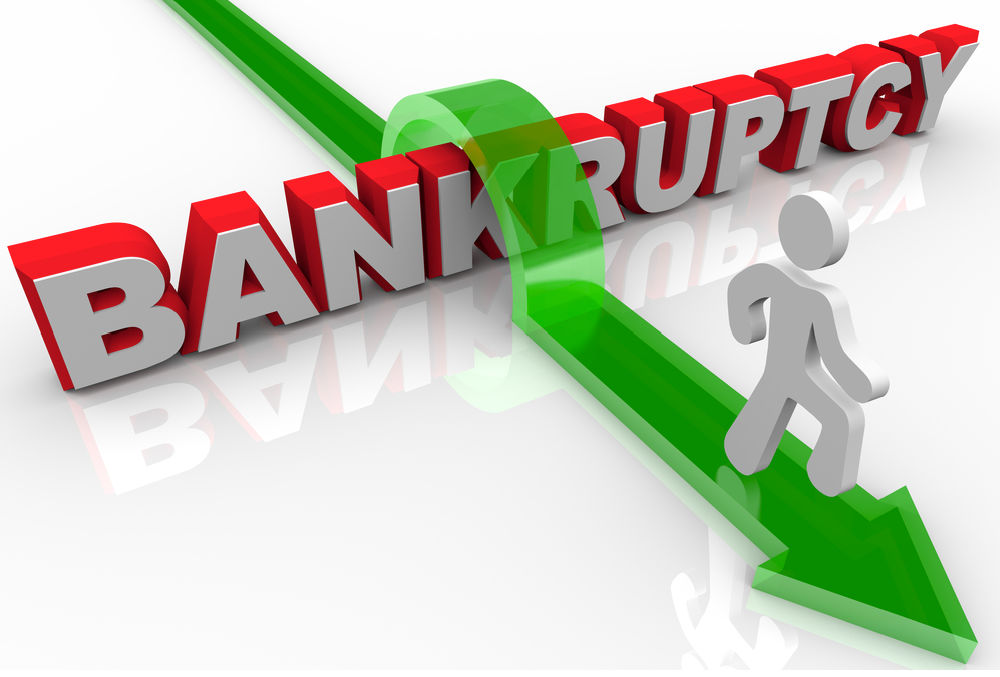Filing for bankruptcy a first time is challenging enough, let alone trying to file a second time. However, for some, debts are often so unmanageable and add up over time that two consecutive bankruptcy filings might be necessary. It’s important to note, however, that using multiple bankruptcies to evade creditors without the intent to follow through to discharge (serial filing) is highly frowned upon and can result in the court lifting the protections that bankruptcy affords.
You should only file for successive bankruptcies if truly necessary and with the full intention of following through on the process. When it comes to how long you have to wait in between filing, it’s less about the time limit and more about whether the previous debt was discharged or not. Typically, if you file too soon after a prior debt was wiped out, you may not be eligible to have your debt fully discharged in the successive bankruptcy case.
The time limits described below are based on a previous debt being discharged. If you did not receive a discharge of your debt in an earlier filing, you do not have to adhere to time limits and can file again whenever you need to. However, if your debt was previously discharged, while there is no limit to how many times you can file, you will have to wait a certain period of time before filing again.
Filing Again After Chapter 7 Bankruptcy
If you plan to file again after previously filing a Chapter 7 bankruptcy the following time limits apply. Keep in mind that waiting periods are only required if a previous debt was discharged. If you do not wait the required period before filing, your discharge will be denied.
Filing Successive Chapter 7 Bankruptcy Cases
If you first filed a Chapter 7 bankruptcy and are looking to file another Chapter 7, you need to wait at least eight years from the filing date of your previous case. Again, if you attempt to file within fewer than eight years, your debt will not be discharged, and you will be legally obligated to pay all of it back.
Filing Chapter 13 After a Chapter 7 Bankruptcy
If you wish to file a Chapter 13 case after first filing Chapter 7, the court only requires you to wait four years from the filing date of the prior Chapter 7 to discharge eligible. This shorter period is likely because most individuals who file Chapter 13 will still have to pay some debts back through a payment plan rather than having it entirely discharged. We can, however, use a Chapter 13 filing within the 4-year period of time to protect a person from collection actions, including repossessions, foreclosures, and wage garnishments. It is a stopgap measure as ultimately there is not a discharge at the end of a plan. However, it can give you an opportunity to reorganize under the court’s protection and make plans on how to ultimately deal with the debts.
Filing Again After Chapter 13 Bankruptcy
If you file a Chapter 13 bankruptcy first, the time limits will be less than if you had filed a Chapter 7 case first. This is often because debts do not always get fully discharged in Chapter 13 cases but instead become subject to a payment plan.
Filing Successive Chapter 13 Bankruptcy Cases
If you file two Chapter 13 bankruptcy cases in a row, you will only have to wait two years between filing dates if your debts were previously discharged to discharge eligible. If your debts were not discharged in the first case, you can likely file again much sooner than the two years and be eligible for a discharge the second time you file.
Filing Chapter 7 After a Chapter 13 Bankruptcy
Receiving a discharge in a Chapter 13 case first means you will have to wait at least six years from the prior filing date before being eligible for a discharge through a Chapter 7 bankruptcy. However, if you pay back all or most of your debt through a payment plan in a Chapter 13 case, you will not have to wait the six-year period before filing for Chapter 7.
What if My First Case Was Dismissed?
As previously mentioned, the waiting periods typically only apply if a case was processed, and your debts were discharged. If your first bankruptcy case was dismissed entirely, you could file again immediately after the dismissal. However, there could be a small 180-day waiting period if the following situations apply:
- You voluntarily dismissed the case yourself
- You failed to obey a court order
- You failed to appear in court for the case
What if Discharge Was Denied in My First Case?
If you are applying for bankruptcy to have the same debts discharged that were denied a discharge in the first case, you likely won’t be eligible to discharge unsecured debts that were or could have been listed in Chapter 7. Your only option to deal with those debts in bankruptcy is to file a Chapter 13.
How Sawin & Shea, LLC Can Help
Filing for bankruptcy is a stressful and challenging process that can require the help of a professional lawyer to ensure everything is done properly. This first time you file is tedious enough, let alone attempting to file a second time. However, we also understand how crippling debt can be, and filing for successive bankruptcies may be your only chance of getting any relief.
At Sawin & Shea, we believe in providing compassionate and understanding representation to all of our clients and are determined to help you achieve the best possible outcome. Our attorneys are highly experienced in bankruptcy cases and are here to help you through the process every step of the way. If you have any questions about filing for bankruptcy, whether it is your first, second, or even third time, contact us at 317-759-1483 or send us an email for a free consultation.



